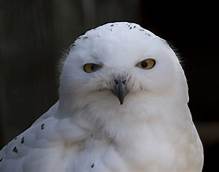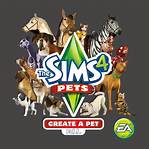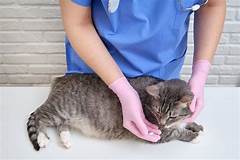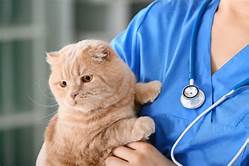Can You Buy an Owl as a Pet?
Owls are majestic and fascinating creatures, often associated with wisdom and mystery. Their piercing eyes, impressive wingspans, and unique calls capture the imagination of many. However, before considering an owl as a pet, it's essential to understand the challenges and legal considerations surrounding owl ownership.

Owls as Pets
Owls are wild animals and not suited for domestic life. They require specialized care, a large and appropriate habitat, and a diet tailored to their specific needs. Keeping an owl as a pet can be demanding and expensive, and it's crucial to prioritize the well-being of the animal over personal desires.
Legality of Owl Ownership
The legality of owl ownership varies widely across countries, states, and regions. In many places, it's illegal to possess an owl without a permit or license. These permits are usually only granted to rehabilitators, breeders, or educational institutions. Attempting to own an owl without proper authorization can result in legal penalties and confiscation of the bird.
Challenges of Owl Ownership
Owls are nocturnal predators, meaning they are most active at night. This can be disruptive to their owners, who may struggle with sleep deprivation or disturbances caused by the owl's vocalizations. Additionally, owls require a large and secure enclosure with plenty of space to fly and hunt. Providing such an environment can be challenging and expensive, especially in urban areas.
Diet and Care
Owls have specific dietary needs, consuming a combination of small rodents, insects, and birds. It can be difficult to find and provide a steady supply of live prey, and improper feeding can lead to malnutrition or health issues. Furthermore, owls require specialized veterinary care, and finding an experienced avian veterinarian can be challenging and costly.
Conclusion
While owls are captivating creatures, they are not suitable as pets. Their complex needs, dietary requirements, and legal restrictions make them challenging and demanding companions. Additionally, the wild nature of owls means they can be unpredictable and potentially dangerous, posing a risk to both the bird and the owner.
If you have a genuine interest in owls, consider supporting organizations dedicated to owl conservation or volunteering at a wildlife rehabilitation center. These avenues allow you to interact with and learn about these remarkable birds while contributing to their well-being and protection in their natural habitats.
Declaration: All article resources on this website, unless otherwise specified or labeled, are collected from online resources. If the content on this website infringes on the legitimate rights and interests of the original author, you can contact this website to delete it.





